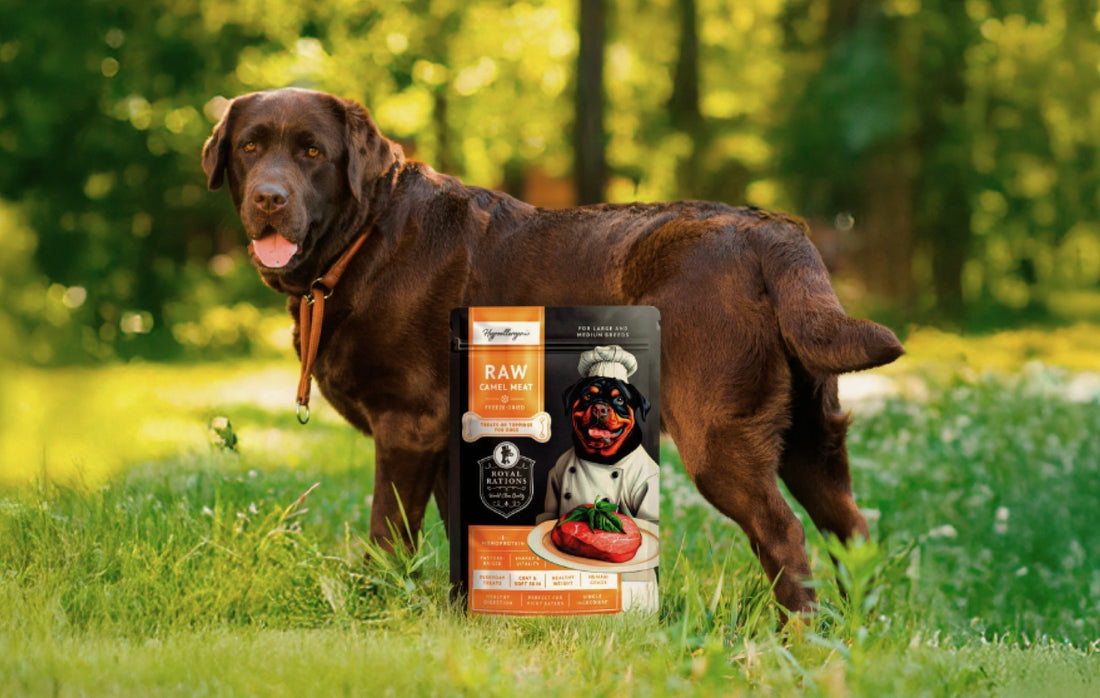
How to Use Treats Correctly for Dog Training
Hi! I'm Boris the dachshund, and today I want to share some tips on how to use treats the smart way when training your dog.
Treats aren't just tasty—they're powerful tools that help us learn faster, stay motivated, and feel great. But to get the most out of them, you must know how to use them correctly.
Let's dig into the best ways to train using treats!
🍖 Why Are Treats So Effective?
When we dogs get a treat, our brains release dopamine—the feel-good chemical that helps us connect the behavior we just did with something positive. That's how we learn!
"Positive reinforcement, such as treats or praise, is the most effective way to train a dog."—American Kennel Club (AKC).
From basic commands like "sit" and "stay" to advanced tricks, treats help lock in the behaviors you want us to repeat.
How to Choose the Right Treats
Not all treats are created equal. Here's what you should look for if you want to keep training effective and healthy:
1. High-Quality Ingredients
Choose real, protein-packed treats with no fillers or artificial additives. My favorite? Royal Rations freeze-dried meat treats—just one ingredient: real meat.
"Look for treats made with real meat or whole foods, and avoid those with unnamed meat meals or artificial additives."—PetMD.
2. Small and Soft
Bite-sized and easy to chew = quicker rewards and more focus.
3. Low-Calorie and Balanced
Treats should make up no more than 10% of your dog's daily calories, especially for small or less active pups.
"Treats should not exceed 10% of your dog's total daily caloric intake."—American Veterinary Medical Association (AVMA).
4. Life-Stage Friendly
Puppies and senior dogs have different needs, so choose age-appropriate treats that support their development and health.

🦴 Bonus Perks of Healthy Treats
When you choose nutritious treats, you're not just reinforcing good behavior—you're also helping your dog thrive. Here's how:
✔ Dental Health—Crunchy textures can help reduce plaque
✔ Immune Support—Nutrients like omega-3, zinc, and vitamin E strengthen immunity
✔ Stronger Bond—Training with treats builds trust and deepens your connection
"Chewing certain treats can help prevent dental disease."—Veterinary Oral Health Council (VOHC).
🎓 How to Use Treats the Right Way in Training
Be Consistent
Save treats for training sessions so they stay memorable and meaningful.
Act Fast
Give the treat immediately after your dog performs the desired behavior. Timing is everything!
Keep It Simple
2–3 small treats per session can go a long way, especially when paired with a happy "Good dog!"
Fade Gradually
Once your dog learns the command, replace treats with praise, play, or toys to keep things fun and balanced.
🐾 Final Thoughts from Boris: Smart Treating = Happy Training
Training should always be fun, rewarding, and full of love. When you use high-quality treats like Royal Rations and follow these simple tips, you're not just teaching commands—you're building confidence, improving behavior, and giving your dog a healthier, happier life.
So next time your pup nails a trick or sits on cue, reward them the smart way—with purpose, patience, and a treat that truly supports their well-being.
With love and tail wags,
Your dachshund Boris 🐶